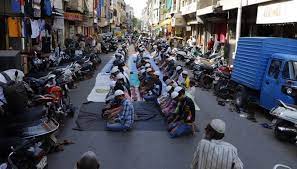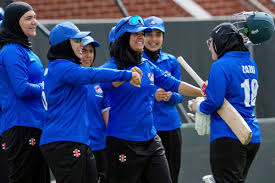In a major blow to the Pakistani Athletics Federation, four national athletes, including a prominent weightlifter, have tested positive to a banned performance-enhancing drug.
According to reports, a total of 20 doping tests were carried out during the 34th National Games held in Quetta in May, and the samples were subsequently sent to laboratories in Qatar for analysis.
The Pakistan Sports Board has officially confirmed the doping violations, raising concerns about the federation’s ability to curb such practices and the looming threat of an international ban.
Among the athletes who failed the doping tests is Esha Imran, a weightlifter who recently clinched three gold medals in the National Games.
The athletes, namely Rabia Ashiq, Uzair Rehman, Naeem Akhtar, and Mohammad Tahir, have been found to have tested positive for the use of an Anabolic Androgenic steroid, commonly administered through injections.
This steroid is often used by athletes to enhance their performance, and is banned. Rabia Ashiq, known for her dominance in the 800m event had previously secured two gold medals in the National Games.
Adding to the growing list of disgraced athletes, Naeem Akhtar and Uzair Rehman, both gold medalists in their respective events, have also been found guilty of doping.
The international sports community has adopted a zero-tolerance policy towards doping, and athletes who test positive often face severe consequences, including global bans from competition.
Unfortunately, this is not the first time such incidents have occurred.
Back in 2019, three top Pakistani athletes, Mehboob Ali, Mohammad Naeem, and Samiullah, tested positive for the same banned substance during the 13th South Asian Games in Nepal.
They were subsequently banned for four years by the National Olympic Committee of Nepal, with the approval of the World Anti-Doping Authority (WADA), and their medals were revoked.














































